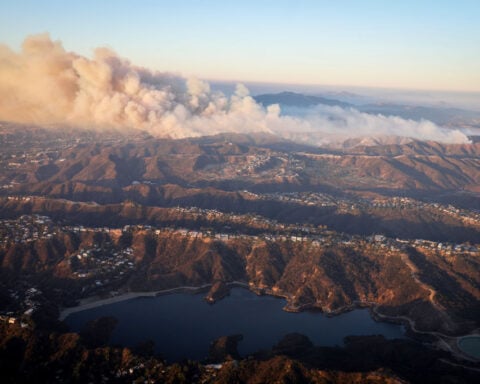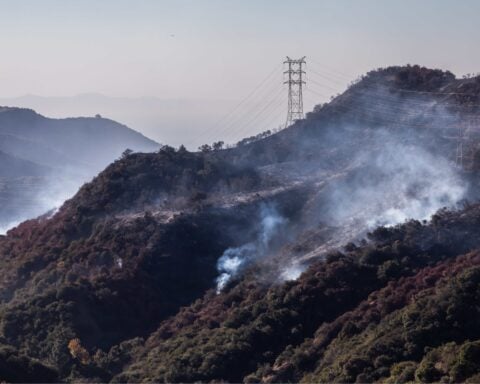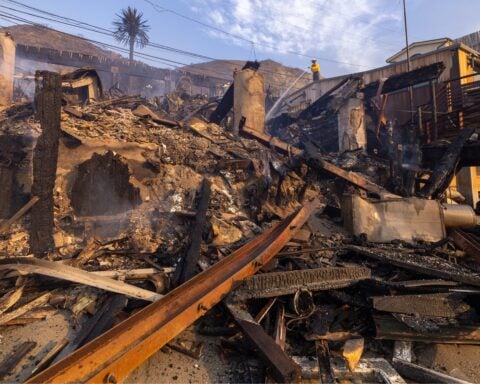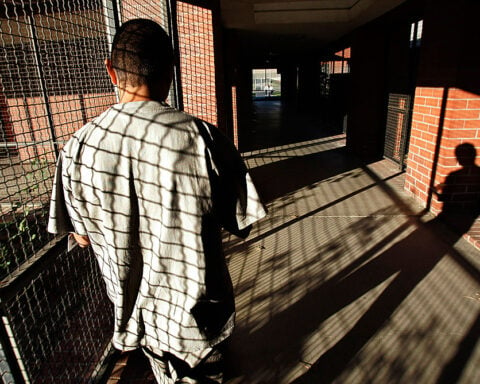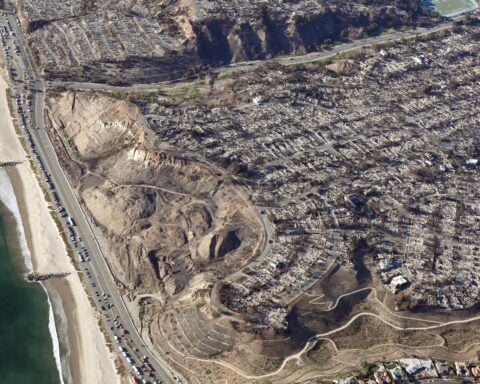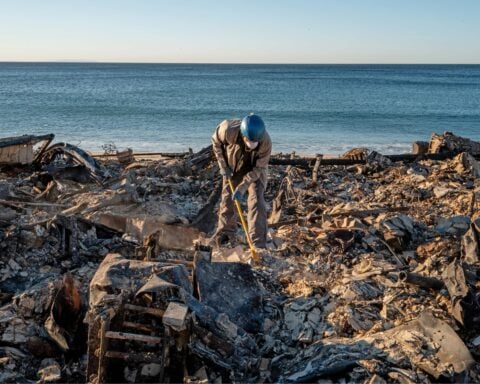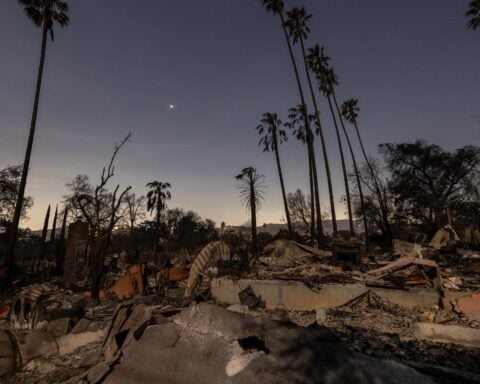By Daphne Psaledakis and Steven Scheer
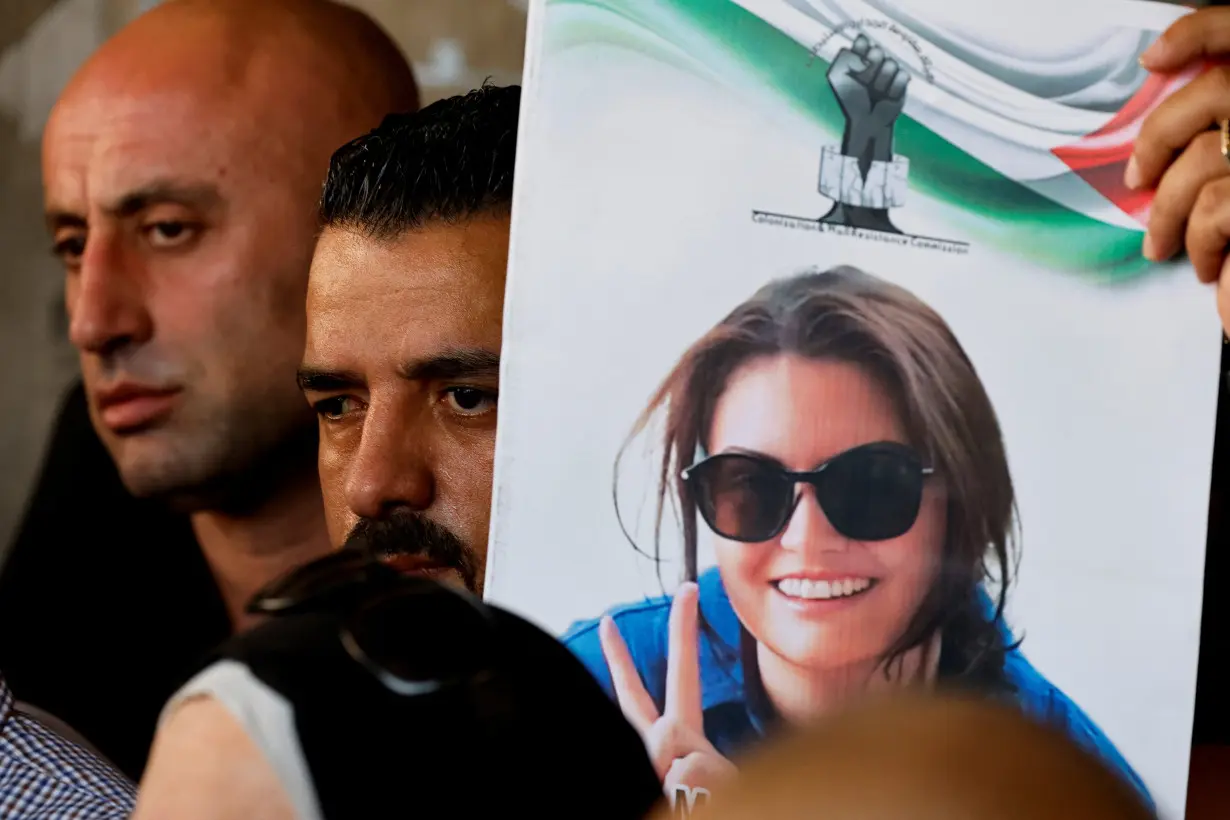
LONDON/JERUSALEM (Reuters) -U.S. Secretary of State Antony Blinken and Defense Secretary Lloyd Austin on Tuesday demanded an overhaul of Israeli military conduct in the occupied West Bank as they decried the fatal shooting of an American protester against settlement expansion, which Israel said was accidental.
Aysenur Ezgi Eygi, 26, who is also a Turkish national, was shot dead last Friday at a protest march in Beita, a village near Nablus where Palestinians have been repeatedly attacked by far-right Jewish settlers.
Israel's military said on Tuesday that its initial inquiry found it was highly likely its troops had fired the shot that killed her but that her death was unintentional, and it voiced deep regret.
President Joe Biden later told reporters "it ricocheted off the ground" and a U.S. official said that was the conclusion of the Israeli investigation, the results of which were presented to the United States on Tuesday.
Palestinian officials say that Eygi was struck in the head.
Eygi's family called Israel's preliminary inquiry "wholly inadequate" and demanded an independent U.S. investigation.
Hamid Ali, Eygi's partner, in response to Biden's comments, said her death "was no accident and her killers must be held accountable."
"The White House has not spoken with us. For four days, we have waited for President Biden to pick up the phone and do the right thing," Ali said.
Blinken and Austin, in their strongest comments to date criticising the security forces of Washington's closest Middle East ally, described Eygi's killing as "unprovoked and unjustified". They separately said said Washington would insist to the Israeli government that it makes changes to how its forces operated in the West Bank.
"No one should be shot and killed for attending a protest. No one should have to put their life at risk just for freely expressing their views," Blinken told reporters in London.
"In our judgment, Israeli security forces need to make some fundamental changes in the way that they operate in the West Bank, including changes to their rules of engagement.
"Now we have the second American citizen killed at the hands of Israeli security forces. It's not acceptable," Blinken said.
An Israeli government spokesperson declined to comment on Blinken's remarks.
Austin spoke to Israeli Defense Minister Yoav Gallant, the Pentagon said late on Tuesday, adding he expressed "grave concern for the IDF's responsibility for the unprovoked and unjustified death" of Eygi. He also urged Gallant "to reexamine the IDF's rules of engagement while operating in the West Bank," according to the Pentagon.
The Israeli military earlier said an investigation by the Military Police Criminal Investigation Division was under way and its findings would be submitted for higher-level review once completed.
"We're going to be watching that very, very closely," White House national security spokesperson John Kirby told reporters, saying a criminal probe was an unusual step by Israel's military.
"We're going to want to see where it goes now in terms of the criminal investigation and what they find, and if and how anyone is held accountable," Kirby added.
PRELIMINARY INQUIRY
In a statement, the Israeli military said its commanders had conducted an initial investigation into the incident and found that the gunfire was not aimed at her but another individual it called "the key instigator of the riot."
"The incident took place during a violent riot in which dozens of Palestinian suspects burned tyres and hurled rocks towards security forces at the Beita Junction," it said.
Israel has sent a request to Palestinian authorities to carry out an autopsy, it said.
"We are deeply offended by the suggestion that her killing by a trained sniper was in any way unintentional," Eygi's family said in a statement.
A surge in violent settler assaults on Palestinians in the West Bank has stirred anger among Western allies of Israel, including the United States, which has imposed sanctions on some Israelis involved in the hardline settler movement. Tensions have been heightened amid Israel's war against Hamas militants in Gaza.
Palestinians have held weekly protests in Beita since 2020 over the expansion of nearby Evyatar, a settler outpost. Ultra-nationalist members of Israel's ruling coalition have acted to legalise previously unauthorised outposts like Evyatar, a move Washington says threatens the stability of the West Bank and undercuts efforts toward a two-state solution to the conflict.
Since the 1967 Middle East war, Israel has occupied the West Bank of the Jordan River, an area Palestinians want as the core of a future independent state.
Israel has built a thickening array of settlements there that most countries deem illegal. Israel disputes that assertion, citing historical and biblical ties to the territory.
(Reporting by Steven Scheer and Daphne Psaledakis, Additional reporting by Maayan Lubell, Simon Lewis, Kanishka Singh, Matt Spetalnick, Trevor Hunnicutt, Katharine Jackson and Costas Pitas; Writing by Humeyra Pamuk and Matt Spetalnick; Editing by Deepa Babington and Stephen Coates)

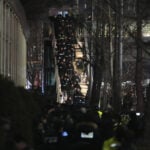 A look at the events that led up to the detention of South Korean President Yoon Suk Yeol
A look at the events that led up to the detention of South Korean President Yoon Suk Yeol
 The long struggle to establish Martin Luther King Jr. Day
The long struggle to establish Martin Luther King Jr. Day
 Two private lunar landers head toward the moon in a roundabout journey
Two private lunar landers head toward the moon in a roundabout journey
 Trump's Greenland bid stirs debate in China about what to do with Taiwan
Trump's Greenland bid stirs debate in China about what to do with Taiwan
 TikTok preparing for U.S. shut-off on Sunday, The Information reports
TikTok preparing for U.S. shut-off on Sunday, The Information reports
 Japan's Makino Milling requests changes to unsolicited bid from Nidec
Japan's Makino Milling requests changes to unsolicited bid from Nidec
 As Los Angeles burns, Hollywood's Oscar season turns into a pledge drive
As Los Angeles burns, Hollywood's Oscar season turns into a pledge drive
 As fires ravage Los Angeles, Tiger Woods isn't sure what will happen with Riviera tournament
As fires ravage Los Angeles, Tiger Woods isn't sure what will happen with Riviera tournament
 Antetokounmpo gets 50th career triple-double as Bucks win 130-115 to end Kings' 7-game win streak
Antetokounmpo gets 50th career triple-double as Bucks win 130-115 to end Kings' 7-game win streak

